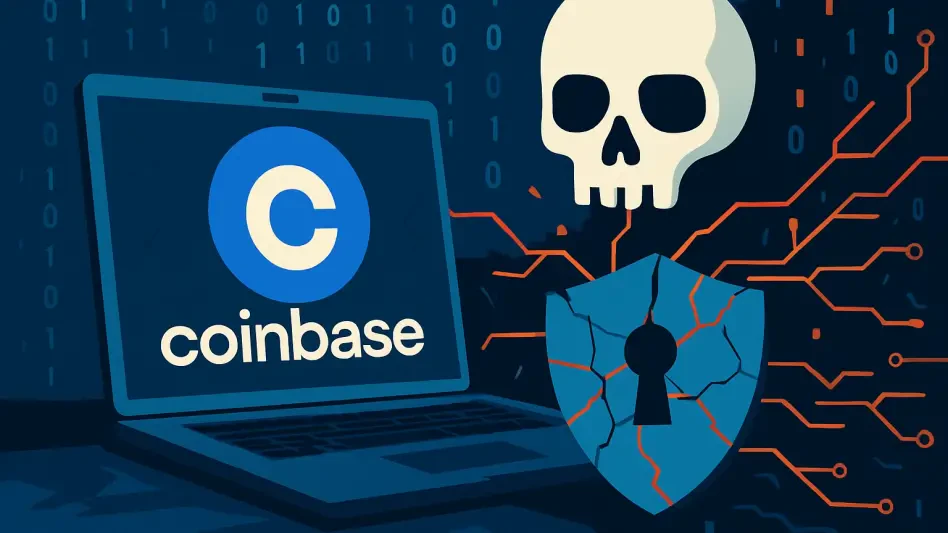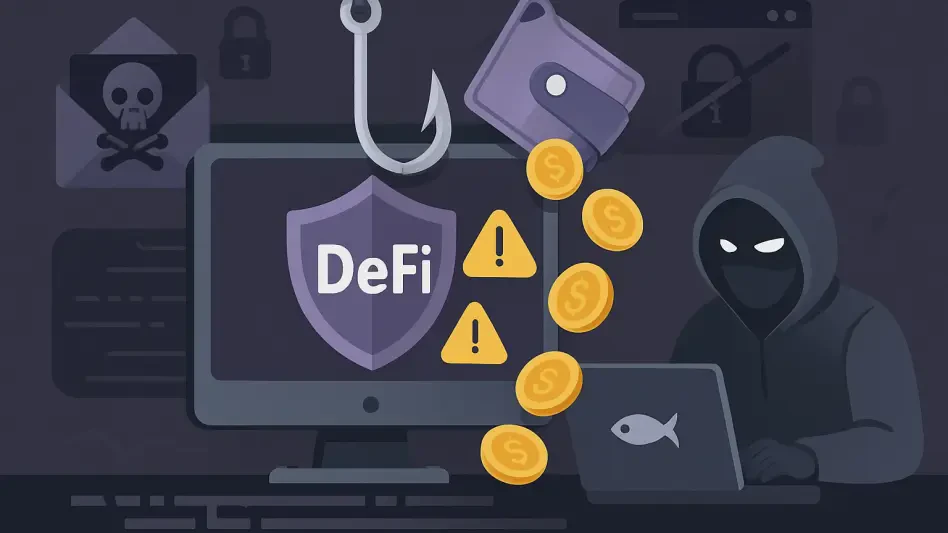Phishing attacks targeting students at the University of Texas at El Paso (UTEP) have led to the unauthorized redirection of financial aid, significantly impacting student accounts. Emails crafted to appear as official communications from UTEP deceived students into divulging information that allowed cybercriminals to alter bank deposit information and divert funds. This alarming trend is part of a larger, nationwide surge in cyberattacks targeting the vulnerable student population. The repercussions of these attacks are profound, disrupting the lives of students like Alexis Sandoval and Ariadna Vazquez, who have struggled to cope with the sudden loss of essential financial support for their education.
The Growing Threat of Phishing Scams
The sophistication and frequency of phishing scams have increased dramatically, posing a serious threat to students’ financial well-being. UTEP’s President, Heather Wilson, highlighted the scale of the issue, acknowledging that while the university’s internal systems were not breached, the phishing schemes have become more sophisticated and frequent. This new wave of cyberattacks has caught universities and students off guard, exposing the pressing need for enhanced cybersecurity measures and awareness. Students often trust emails that appear to come from their university, not realizing that these can be expertly disguised phishing attempts designed to steal personal information.
The targeted students are often unaware they have been compromised until the damage has been done. Cybercriminals exploit this lack of awareness to manipulate victims into revealing personal credentials, which can then be used to divert financial aid funds to unauthorized accounts. The deception is so carefully crafted that even tech-savvy individuals can fall prey, underlining the urgent need for comprehensive cybersecurity education within academic institutions. This growing threat underscores the importance of universities developing robust systems to identify and tackle these fraudulent attempts before they can cause significant harm.
Impact on Students
For many students, financial aid is a lifeline that covers essential expenses such as tuition, books, and living costs. The impact of phishing scams on these funds can be devastating. Alexis Sandoval and Ariadna Vazquez are just two examples of students whose lives have been upended by cybercriminals’ actions. Without financial aid, they have faced difficulties in affording necessary resources, paying for transportation, and managing day-to-day expenses. The stolen funds have left these students in a precarious financial situation, forcing them to seek alternative funding sources or reallocate their remaining money to cover pressing needs.
The emotional toll of these scams cannot be overlooked. Students like Sandoval and Vazquez often experience heightened stress and anxiety, worried about their financial stability and their ability to continue their education. The disruption caused by phishing scams can have long-lasting repercussions, affecting academic performance and overall well-being. These incidents highlight the importance of providing not only financial assistance but also emotional and psychological support to students who fall victim to cybercrime. Universities must recognize the multifaceted impact of phishing scams and implement holistic measures to help students recover and return to a sense of normalcy.
UTEP’s Response
In response to the phishing attacks, UTEP has taken significant steps to bolster its cybersecurity infrastructure and support affected students. The university has introduced monthly cybersecurity training sessions aimed at educating students about the dangers of phishing and how to recognize and avoid such scams. These training sessions are designed to empower students with the knowledge and skills necessary to protect their personal information and prevent future incidents. By fostering a culture of cybersecurity awareness, UTEP hopes to minimize the risk of students falling victim to these sophisticated scams.
Additionally, UTEP has established an emergency fund to assist students who have been most affected by the phishing attacks. This fund provides financial aid to those who have lost their funds to cybercriminals, helping them cover essential expenses and avoid further disruption to their education. The university is also collaborating with the FBI and the Department of Education to support victims and pursue resolutions. This partnership aims to investigate the cyberattacks and bring those responsible to justice, sending a clear message that such criminal activities will not be tolerated. UTEP’s proactive measures demonstrate its commitment to safeguarding its students and promoting a secure academic environment.
Broader Implications and Future Steps
Phishing attacks targeting students at the University of Texas at El Paso (UTEP) have resulted in the unauthorized redirection of financial aid, severely impacting student accounts. Cybercriminals sent emails designed to appear as official UTEP communications, tricking students into providing personal information. This allowed the attackers to change bank deposit details and siphon off funds. This disturbing trend is part of a broader surge in cyberattacks nationwide that are targeting the vulnerable student population. The consequences of these attacks are significant, causing considerable disruption to students’ lives. For instance, students like Alexis Sandoval and Ariadna Vazquez have faced numerous challenges due to the unexpected loss of essential financial support for their education. This issue underscores the importance of increased awareness and robust cybersecurity measures to protect students and their financial aid from future threats.







